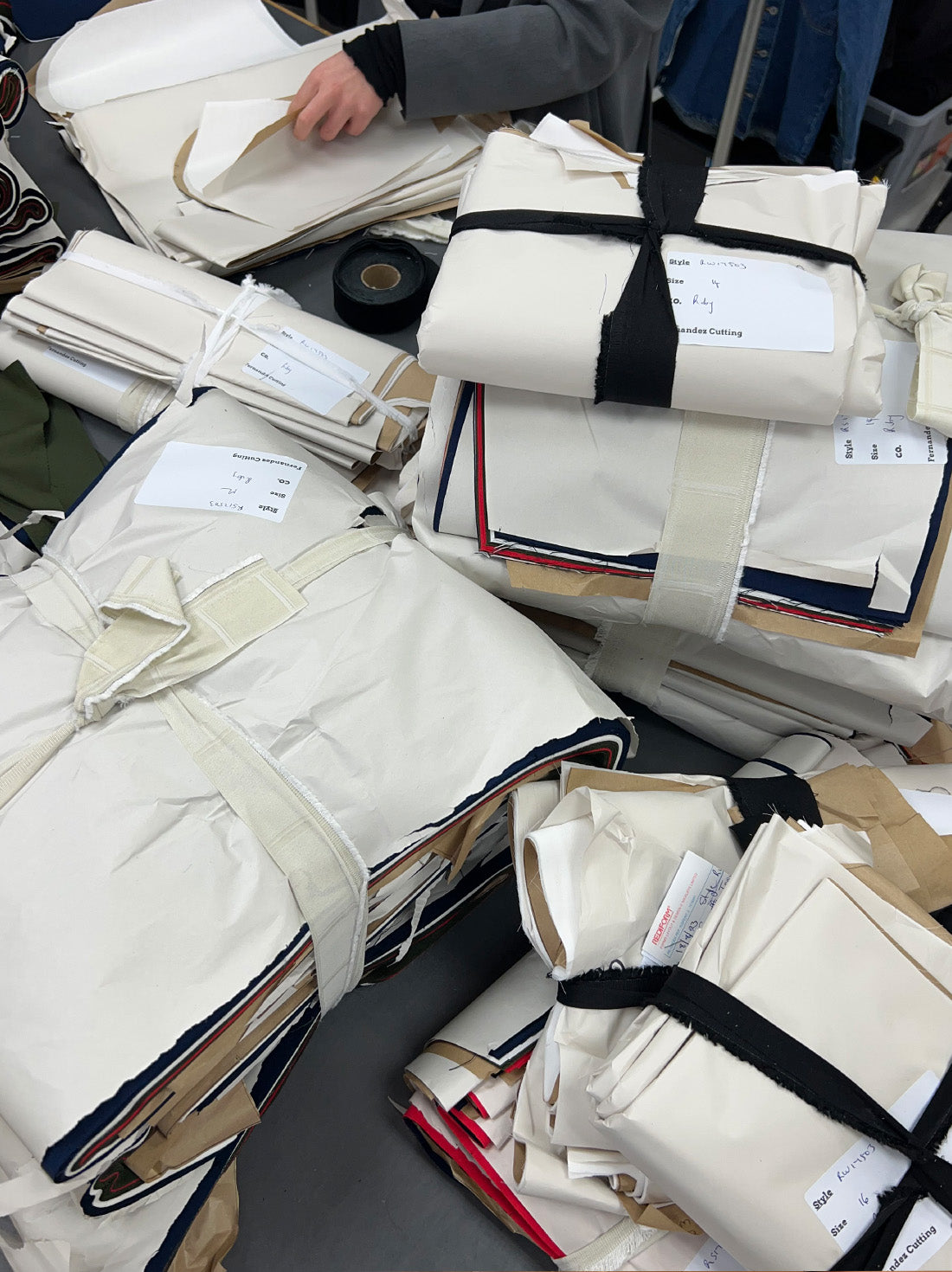As the election season looms on the horizon, important questions are beginning to surface... Roads v Rails? Bridge v Tunnel? Rubette Caeden Tipler has another query for the people of Aotearoa… Caeden presents us with Make it 16, a youth lead movement calling for the voting age to be lowered to 16. Caeden shares with us the why behind Make it 16, along with their hopes for the taitamariki & rangatahi of NZ.
"2023 needs to be the last election where 16 and 17-year-olds can’t vote. We’ve proved we’re capable of voting..."
2023 needs to be the last election where 16 and 17-year-olds can’t vote. We’ve proved we’re capable of voting. Young people have been engaging with their communities since forever, and organising to make a difference for just as long.
We’ve seen this from the Polynesian Panthers in the 70s to the recent school strikes where thousands of young people marched for climate action across Aotearoa. Recent climate strikes have even called for lowering the voting age as one of their demands. At the start of this year I led a protest calling for better access to gender-affirming healthcare. Most of us organising were 17, and all our speakers were trans rangatahi from diverse backgrounds. We spoke to our own experiences navigating Aotearoa as young queer people and proved we’re more than ready to be heard by politicians.
As the election season ramps up, we’re hearing announcements around transport (roads vs light rail), climate action (if there should be any), and education (a current political football). Decisions around these issues will impact current young people now or in the future more than anyone else. We’re feeling the impacts of recent changes in our health system, inflation, and a long-term lack of investment in tertiary education. We’re just as impacted by what happens in Parliament as anyone older than us.
The current government have proved they don’t want to pass legislation ahead of the election unless they believe it is essential. But democracy is fundamentally a “bread and butter issue.” Amending a human rights issue should be a priority for anyone. Lowering the voting age shouldn’t be viewed as a risk, but an opportunity to remedy an injustice and future-proof our democracy. Especially when the benefits of lowering the voting age have been proved over and over again.



Make it 16 won our case at the Supreme Court - proving the current voting age is unjustified age discrimination. Last year we handed over an open letter signed by at least 70 councillors, mayors, and local board members. We’ve had councils across Aotearoa express their support for lowering the voting age for local elections. The majority of 2022 Youth MPs signed onto an open letter, which was handed to the then PM, calling for the voting age to be lowered. And 7,000 people signed our petition months before we even won our court case.
It is fair to say we have given our government more than enough of a mandate.
We saw awful voter turnout in local elections last year. We know some demographics which are predominantly younger - LGBTQ+, Māori, and Pasifika communities - continue to face worse outcomes. Our democracy is clearly not fit for purpose. To meet challenges of the past women have fought for the right to vote, we’ve lowered the voting age to 21, and then 18. We need to meet the challenges of our democracy today by lowering the voting age to 16.
I’m inspired by 16 and 17-year-olds in Scotland, who turn out to vote at higher rates than 18 to 24-year-olds, and who are more likely to keep voting for the rest of their lives because they started voting younger. 16 and 17-year-olds in Aotearoa are petitioning their MPs, speaking up for their communities, and leading protests despite being intentionally excluded by our politicians.
A better way of doing our democracy is possible. We could lower the voting age for local elections overnight, which is why this should be the last time 16 and 17-year-olds are excluded from the ballot box.
Written by Caeden Tipler





















